The Privileged Poor: How Elite Colleges Are Failing Disadvantaged Students by Dr. Anthony Abraham Jack
A Review By: SY
Getting in is only half the battle. The Privileged Poor reveals how - and why - disadvantaged students struggle at elite colleges and explains what schools can do differently if these students are to thrive.
The Ivy League looks different than it used to. College presidents and deans of admission have opened their doors - and their coffers - to support a more diverse student body. But is it enough just to admit these students? In The Privileged Poor, Anthony Jack reveals that the struggles of less privileged students continue long after they've arrived on campus. Admission, they quickly learn, is not the same as acceptance. This bracing and necessary book documents how university policies and cultures can exacerbate preexisting inequalities and reveals why these policies hit some students harder than others.
If we truly want our top colleges to be engines of opportunity, university policies and campus cultures will have to change. Jack provides concrete advice to help schools reduce these hidden disadvantages - advice we cannot afford to ignore.
Review Notes:
Audio Book Publication Year: 2019
An installment in a Series? No
Narrator (s): Mirron Willis
"Can Poor Students Be Privileged?"
Although this book is rooted in academic research, the storytelling employed to share the challenges of real Ivy League students (whose identities and institution were anonymized for privacy reasons) is executed in a very relatable way. Dr. Jack, whose own story is inspiring, examines how the "culture of college," particularly within elite institutions, is a hardship for high-achieving students that come from dissimilar K-12 environments. Dr. Jack breaks these dissimilar high school experiences into two categories of scholars: the "privileged poor" and the "doubly disadvantaged."
The privileged poor refers to students from low socio-economic backgrounds, who, for a variety of reasons, attend college prep academies for high school. The academic rigor provided in the college prep space allow these students to better understand and be prepared for the expectations of collegiate coursework and the higher ed landscape; however, because these students' families struggle to sometimes have basic needs met, they do not have the resources to support their students financially while away at college. The doubly disadvantaged refers to low-income, high-achieving students who come from standard K-12 experiences that did not immerse them in a college prep environment; so not only do their families lack economic resources and cultural capital available to many of their high-income peers, they are in many ways ill-equipped to understand how their college/university experience will differ academically and socially from high school.
Dr. Jack does a great job of revealing how the common denominator of limited financial means can wreak havoc on the success of a poor student pursuing a college education in privileged surroundings. He also discusses the inherent problems with how traditional higher education serves these students and makes recommendations for improvement that college administrators should consider.
Mirron Willis delivers this book in solid fashion, and his narration while recounting student stories is subtle, but powerful.
Reading Recommendation? Yes!
Rating: 4 (It’s lit!)
Content Warnings? None

